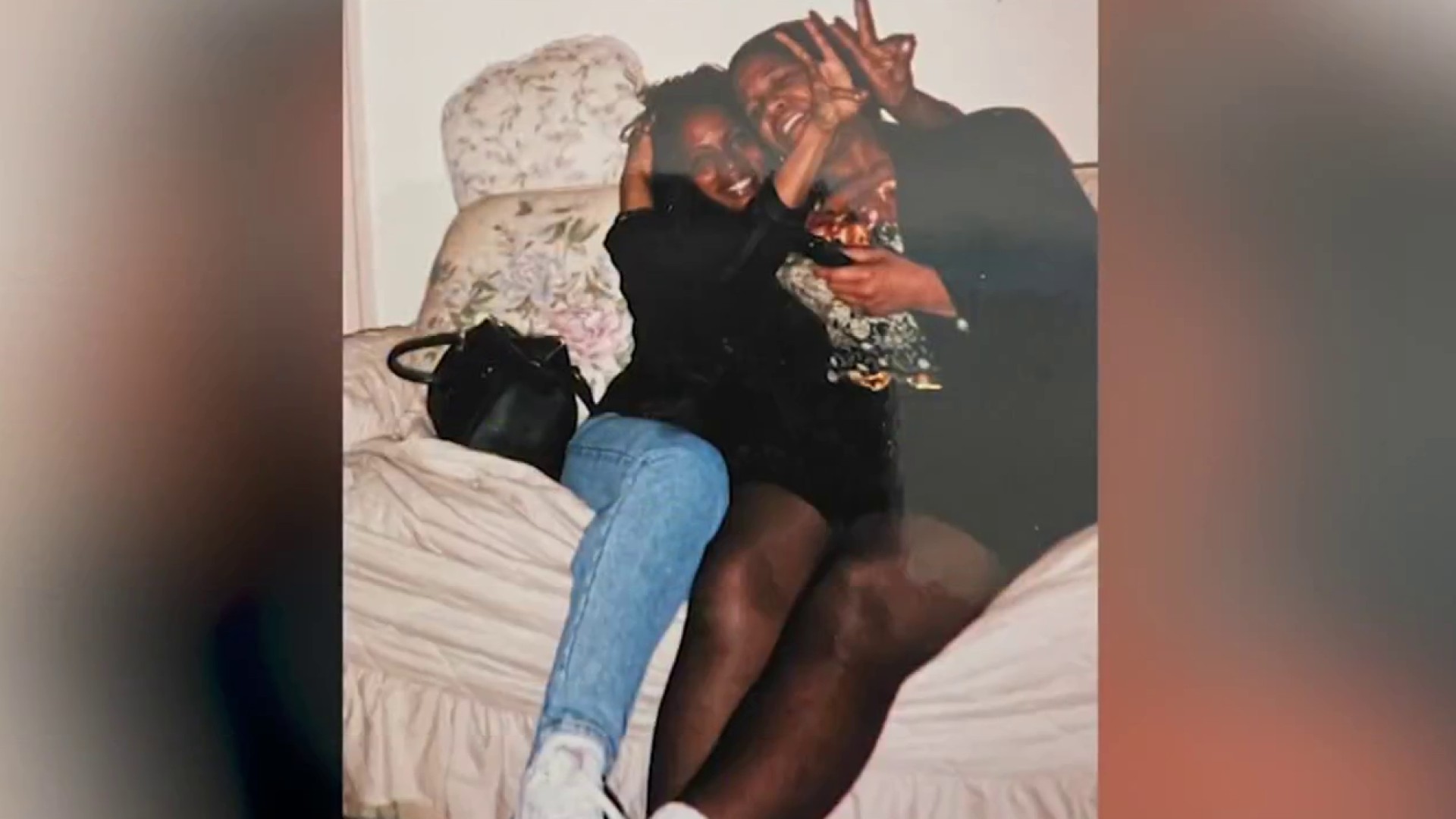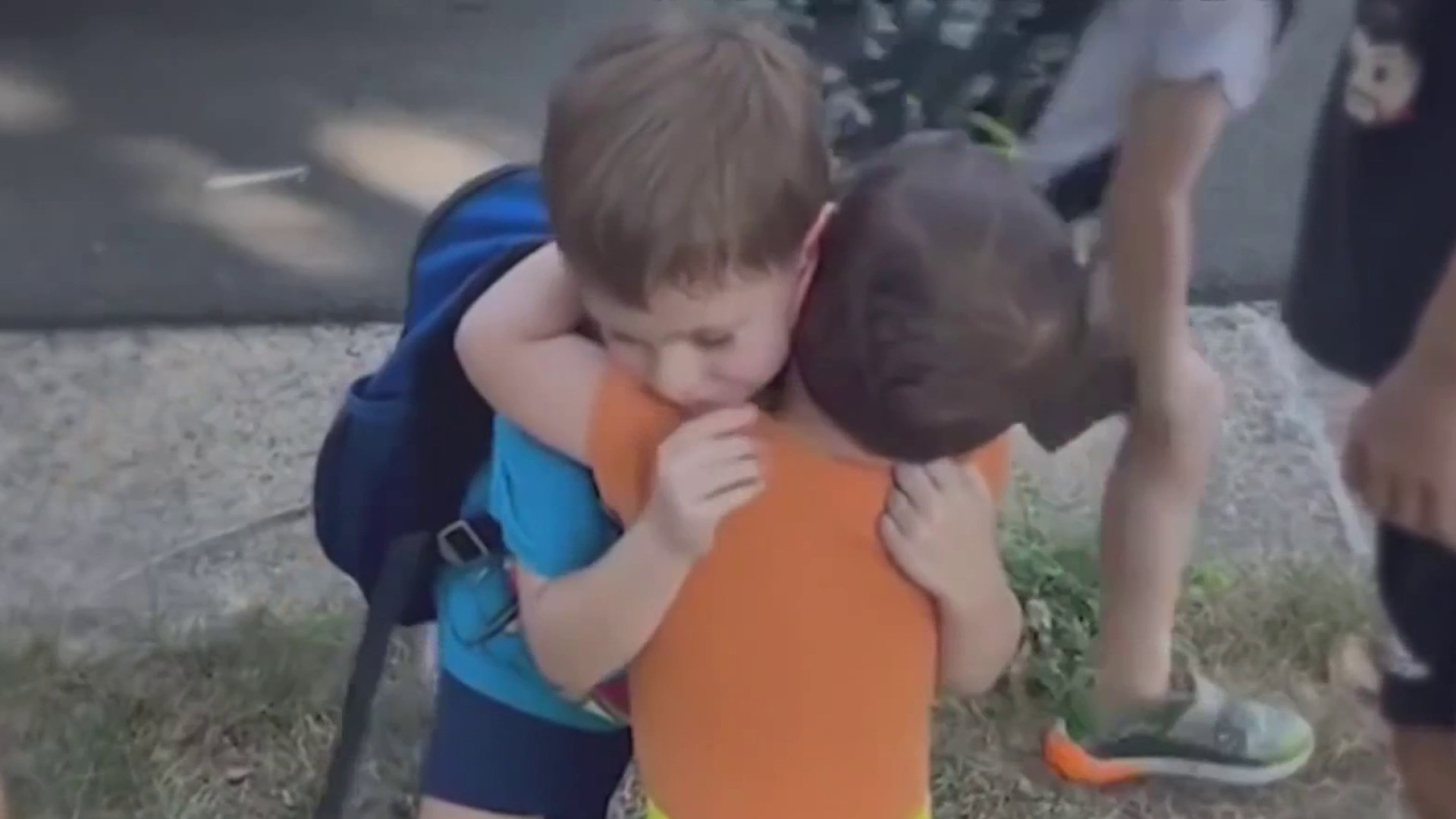The popularity of CBD products is on the rise, with an increasing number of state legislatures following a federal move to legalize marijuana’s hemp cousin.
But the News4 I-Team has learned the field tests commonly used by law enforcement to detect drugs haven’t kept pace, resulting in legal headaches for some CBD users whose products test positive for pot.
What’s more, many government-run forensic labs aren’t yet capable of measuring the exact amount of THC — the chemical that can produce a high — in most CBD or marijuana products, a necessary tool to help distinguish between the two.
While marijuana is high in THC, it’s usually found in only trace amounts in hemp-derived CBD, which many claim has health benefits. Federal law passed last year allows for hemp-derived CBD products with THC no greater than 0.3 percent, prompting many state legislatures to follow suit.
But the testing technology “is woefully behind the where it needs to be,” said James Moody, an attorney who specializes in cannabis law. “I don't think anyone anticipated the rise in the use of CBD.”
He’s among those sounding the alarm over drug field tests designed to help police quickly identify the possible presence of illicit drugs.
Law enforcement have historically used the kits to detect the presence of cannabis, which could indicate marijuana. But because hemp and marijuana are both cannabinoids derived from the cannabis sativa plant, police don’t have an easy way to tell the difference.
Local
Washington, D.C., Maryland and Virginia local news, events and information
“Judges are being told that [a] product is being field tested and is coming back positive for THC, and that's factually incorrect,” Moody said. “They very well could be possessing nothing other than CBD, which is completely legal.”
Legal Trouble
Michael, a Virginia man who asked News4 not to use his last name, is a CBD vendor who knows firsthand the limitations of the field tests.
He was detained last year during a police raid of a Washington, D.C., party where others were selling marijuana. While D.C. legalized marijuana possession in small amounts, it’s illegal to sell it.
But Michael said he wasn’t worried about being arrested for selling CBD “because I was confident in our products,” which he said had been vetted by a private lab to determine its low THC content.
That confidence was tested, however, when a D.C. police officer placed samples of his product in a disposable field test and it turned purple — the color traditionally indicating marijuana.
"I was shocked,” Michael said. “I literally was like: Is this really happening right now?"
He said police seized his inventory but he was able to avoid arrest after showing the officer the lab results detailing the product’s content.
The I-Team found another case — this time out of Virginia — in which a store owner was arrested and charged with felony distribution of marijuana in March.
A spokeswoman for the Fredericksburg Police Department told News4 an undercover agent was acting on a tip when he first purchased what appeared to be marijuana in a CBD canister from Kyle Traugh’s store.
“It’s always a concern to us that there may be an illegal substance, [whether] someone's selling it on the streets or if they're selling it in a store,” spokeswoman Sarah Kirkpatrick said.
Traugh declined a formal interview, citing his pending legal case, but allowed News4 into his shop and showed the product in question — a bright black and green canister of “CBD hemp flowers.”
It looks and smells similar to pot, though the packaging claims the product contains less than 0.3 percent THC. Traugh told the I-Team he discussed its legality with the distributor prior to stocking it in his store.
Kirkpatrick said when police sent the material to a state lab, it came back as positive for the presence of THC. She acknowledged the exact amount of THC was not determined. Police soon raided and seized many of Traugh’s products, which included stash cans and other paraphernalia, and field tests for what Traugh said were CBD came back positive for cannabis, Kirkpatrick said.
That raid came in late March, just days after the Virginia General Assembly changed the definition of marijuana to mirror federal law. Now, Virginia allows for “finished” hemp-derived products, such as CBD, as long as they contain no more than 0.3 percent THC. Marijuana remains illegal.
Police and even state prosecutors in Virginia have not been widely alerted to the new law, the I-Team has found, which was signed into law on March 21. Bill sponsors passed it with an emergency clause, making it effective immediately.
Kirkpatrick said her agency’s goal is to enforce state law.
“Everything is going to have to change and keep up with the laws,” Kirkpatrick told News4. “I think they may have to come out with a new field test.”
It’s unclear whether major law enforcement supply manufacturers are working to develop a test that can distinguish between CBD and marijuana.
Multiple requests for comment with representatives of Sirchie and Safariland, which both manufacture popular field tests, have gone unanswered.
The issue comes amid reports of arrests across the country as states grapple with ever-evolving marijuana and CBD laws. Experts say it’s particularly concerning in Virginia, where a person can be convicted of simple marijuana possession based on an officer's field test.
In Texas, where state legislators are contemplating legislation to legalize CBD, federal officers have reportedly detained travelers at DFW Airport if their CBD oil fails a marijuana field test.
In April, a North Carolina woman was arrested at Disney World in Florida and charged with possession of hashish after her CBD oil tested positive for marijuana. Those charges were later dropped.
Virginia to Halt Some Testing
At least one state lab has announced plans to halt the testing of many CBD products in order to avoid risking false positives.
Linda Jackson, director of Virginia’s Department of Forensic Science, said her lab is now developing a test that can do quantitative testing to measure THC levels in marijuana and CBD. Her lab can quantify THC levels in oils, for instance, but not other CBD products.
Virginia — like D.C.’s Department of Forensic Science lab — can do a qualitative analysis that gives a general sense of whether a product contains more CBD than THC but not an exact amount. The forensic lab for Maryland State Police doesn’t perform quantitative analysis, documents show, but can send its samples to the Drug Enforcement Administration if needed.
Jackson said she is seeking clarity on the new law to better understand what constitutes hemp products and whether that includes products that look like plant material versus processed oils or food.
“This is really an evolving type of process,” she said. “We are still working to make sure that we understand all of the definitions so that we are providing the appropriate types of tests.”
She’s also expected to issue a letter to law enforcement and prosecutors this week to warn about the limitations of common drug field tests.
“We are notifying so that everyone knows what the limitations of that test are so that hopefully it can be used appropriately,” she said. "I definitely don't want anyone to go to jail if they were not breaking some law."
Reported by Jodie Fleischer, produced by Katie Leslie, shot by Steve Jones and Jeff Piper, and edited by Steve Jones.



